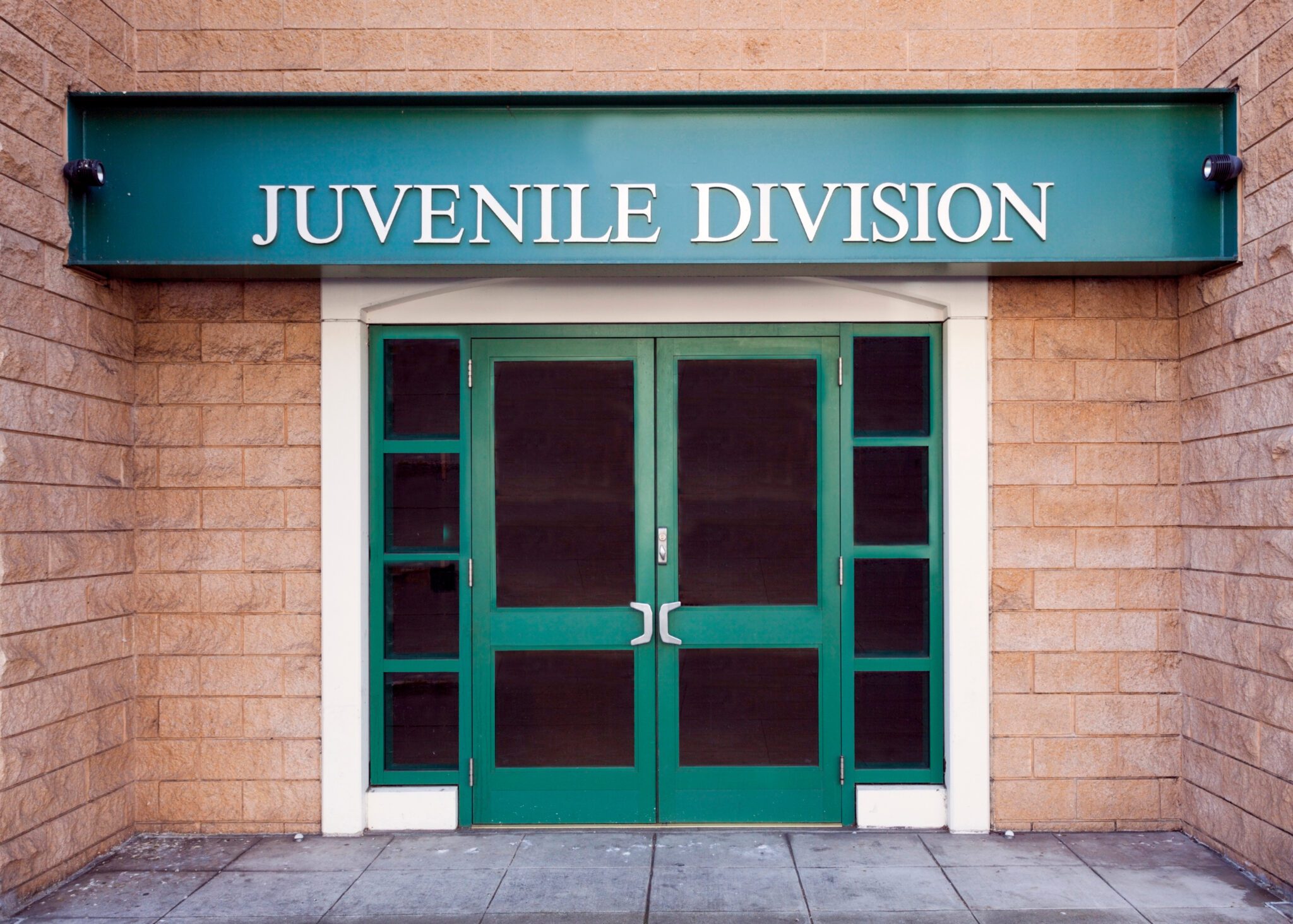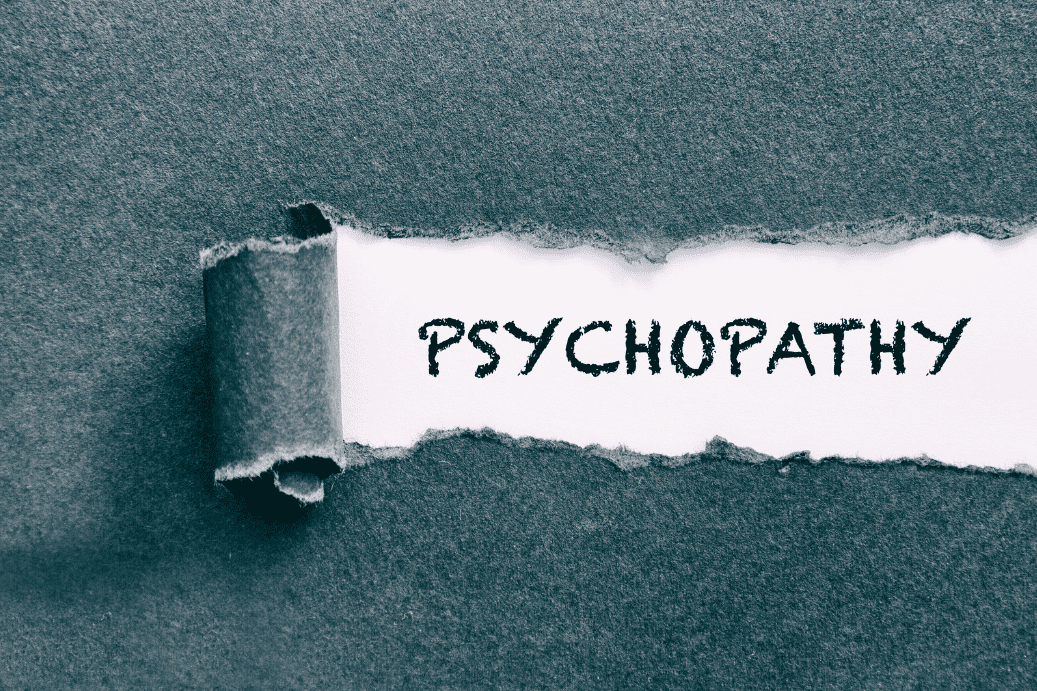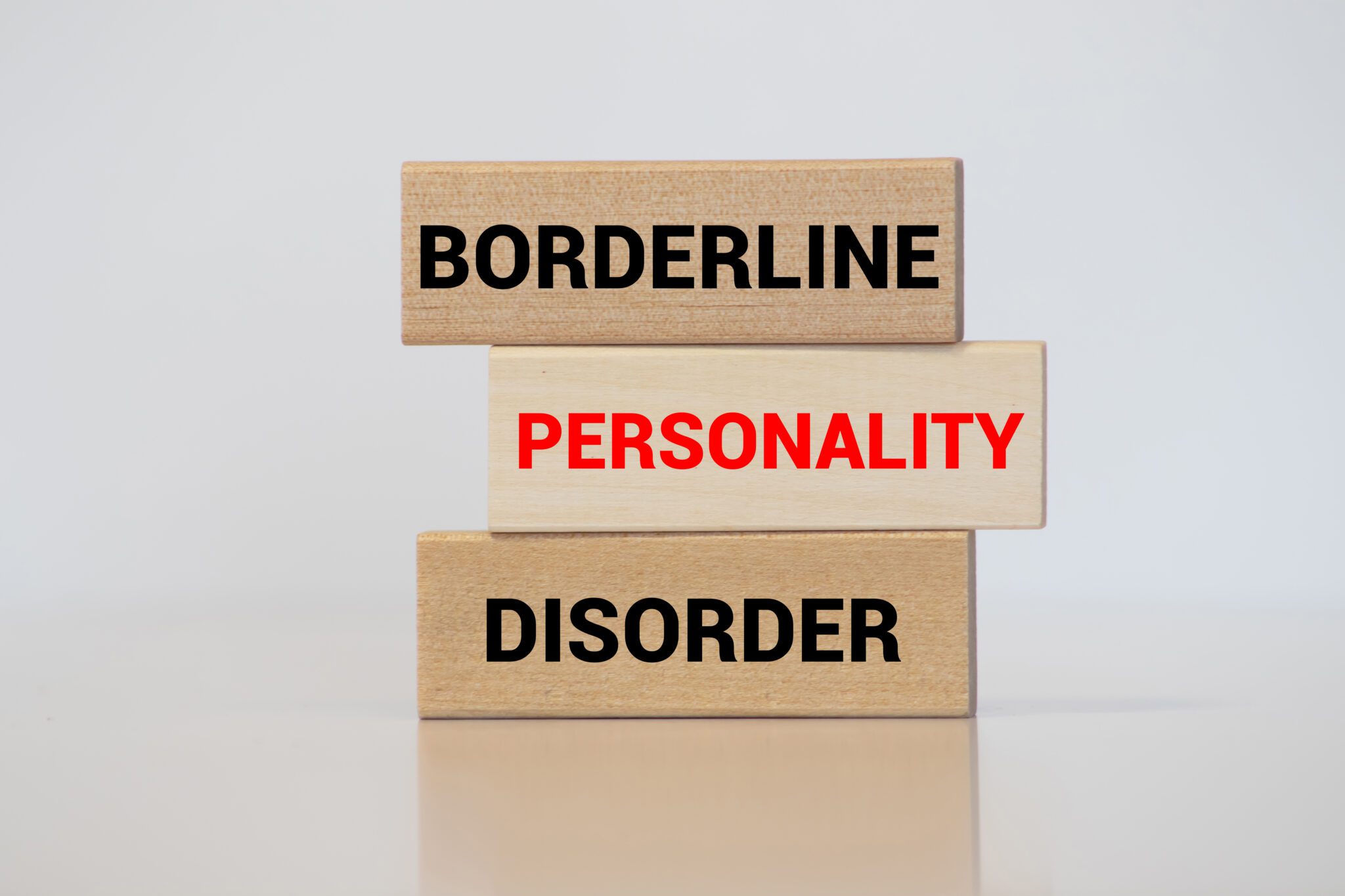
Juvenile Risk Factors and Treatment
Brie Scott, M.A
February 14, 2024
Since the 1900s, the adolescent population has continued to face challenges with various mental health issues (Piao et al., 2022). This has posed difficulties pertaining to interpersonal connections, academic performance, low esteem, and other areas of impact (CDC). ...Read More












